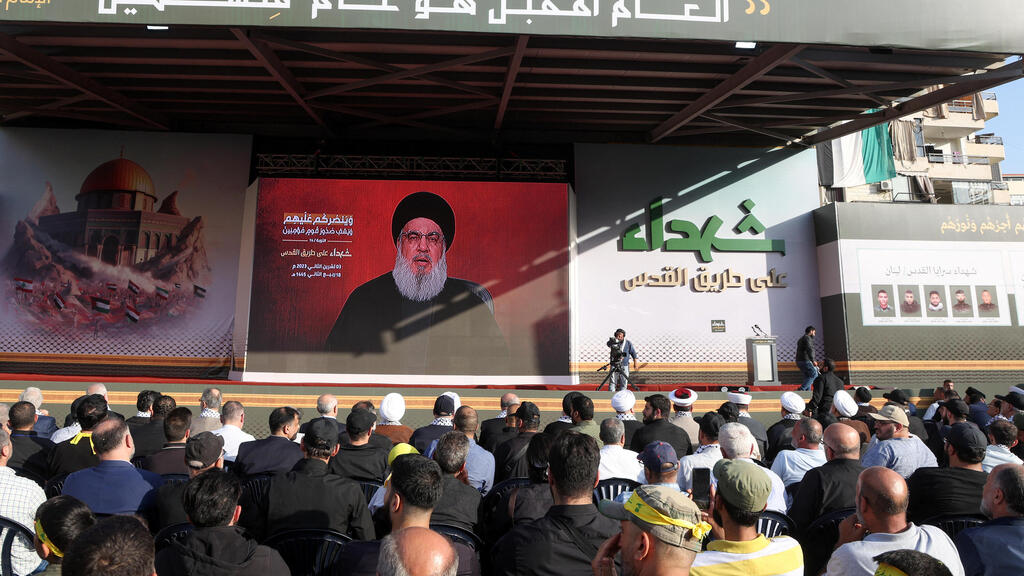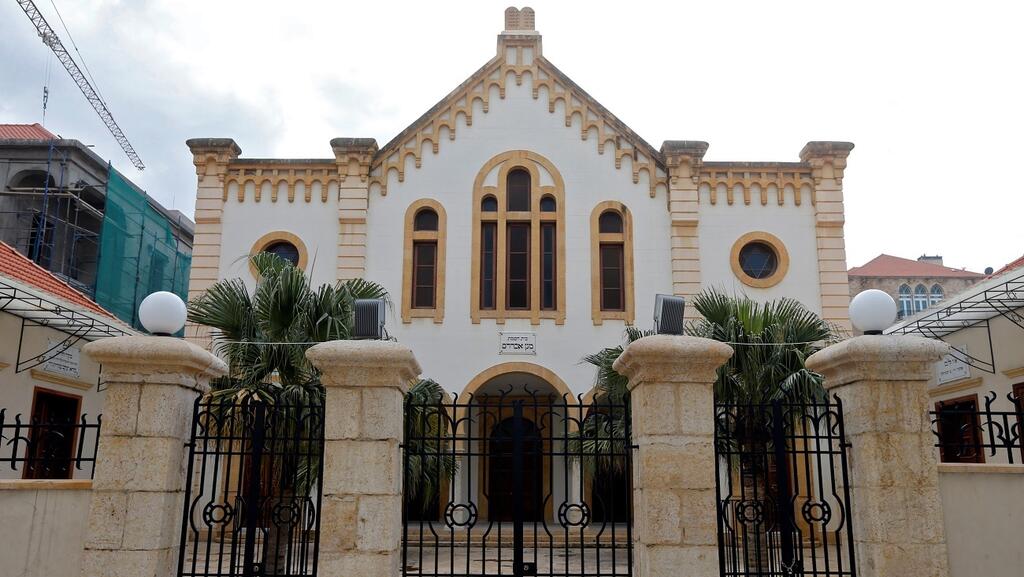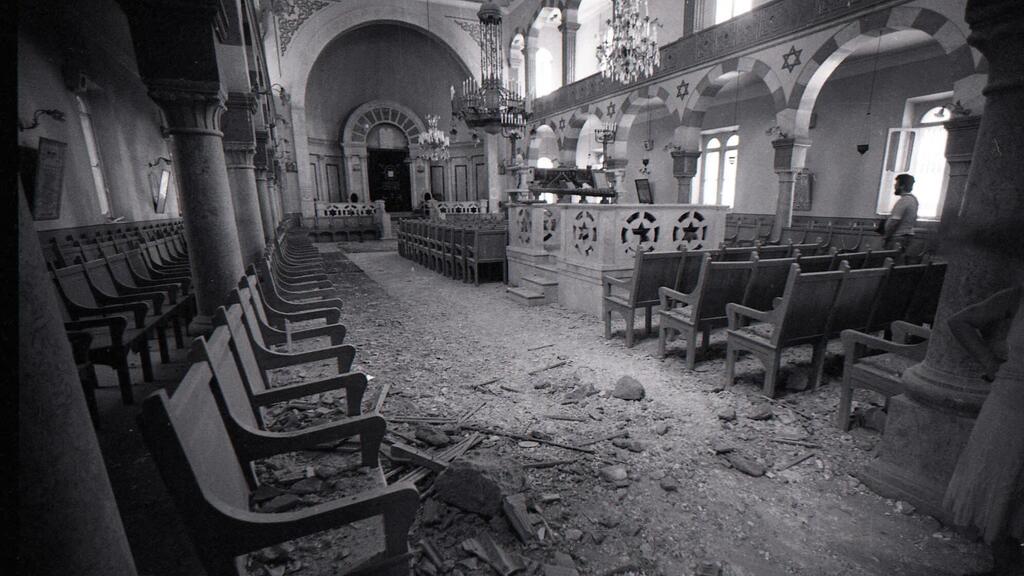Getting your Trinity Audio player ready...
In Beirut, the city where senior Hamas figure Saleh al-Arouri was assassinated Tuesday, many Israelis see it as an area infested with Hezbollah members. However, until the Six-Day War, thousands of Jews lived there, continuing a long tradition of Jewish presence in Lebanon for centuries. Estimates suggest that at the peak, between 12,000 to 20,000 Jews resided in the country.
Read more:
The Jewish community in Lebanon, mainly concentrated in the Jewish quarter of Beirut (Wadi Abu Jamil), began dispersing gradually after the Lebanese Civil War. According to Moshe Zafarni, who left Lebanon at the age of 14, Lebanese Jewish communities can be found in France, Mexico, New York, Brazil, and, of course, in Israel – in cities like Bat Yam, Holon, Haifa, and other places.
Last week, AFP reported that the former leader of the Lebanon Jewish community, Isaac Arazi, passed away at the age of 80. Arazi had been active for years in the restoration of the Magen Avraham Synagogue in central Beirut.
"About 30 community members still live in the country, keeping a low profile and not identifying publicly as Jews," Zafarni said. "There is a community center and a synagogue that was renovated after being damaged in the massive explosion at the port of Beirut. It's a synagogue that was built in 1926 and, although it still exists, it is not used for prayers. In the past, there were 18 synagogues on 'Jews Street,' but they have been destroyed and are no longer active, of course."
Regarding Lebanon, what are your feelings about what is happening in the country?
"It's no secret that half of the Lebanese people are not in favor of Hezbollah, but the other half supports it, creating a political deadlock preventing the appointment of a president. The major issue is that Hezbollah has been allowed to possess weapons, and over the years, the terror group has grown, armed itself, and plundered the Lebanese economy. With Iranian funding, Hezbollah disregards the Lebanese economy while presenting itself as a 'shield for Lebanon.' In reality, it is pro-Hezbollah and under the influence of Iran. If it is a shield for Lebanon, why did it go to fight in Syria, for example?"
3 View gallery


Hezbollah supporters watch the speech of the terror group's leader Hassan Nasrallah
(Photo: Reuters/Mohamed Azakir)
Until the civil war and even afterward, Lebanon was considered a beloved destination for many Europeans and prominent figures in the Arab world who visited the country. At times, Beirut was even referred to as the "Paris of the Middle East," and French influence was widespread in the country, including in the school system. According to Zafarni, Lebanon's economy still relies on tourism to some extent, but there's no doubt that the security events, instability, and demographic changes in the country adversely affect this sector.
"I returned in 1982 as a soldier to the land of Lebanon, and I was in places that were once thriving tourist destinations with lively nightlife. Both Jews and Arab sheiks used to spend time there. I remember that the Kuwaiti prince used to come there every summer, spending a fortune on entertainment and leisure. Lebanon was very vibrant and popular during that period," says Zafarni. "There are also Lebanese Jews who visit occasionally, entering the country with non-Israeli passports."
Do you see any positive prospects for Lebanon?
"A better future will only come if the Lebanese people take it upon themselves to rebuild the country. They face internal challenges and significant tensions among different population segments, and they will need to resolve them to move forward. Today it's like cantons – each community tries to preserve its villages and towns and manage itself. There's not much of a sense of one large, united country."
Do you still dream of returning to see the landscapes of your childhood?
"I wish, although I know that what I remember as a child and how it looks today are two different things. The Jewish Street was almost destroyed, and skyscrapers were built there. It looks different now."




